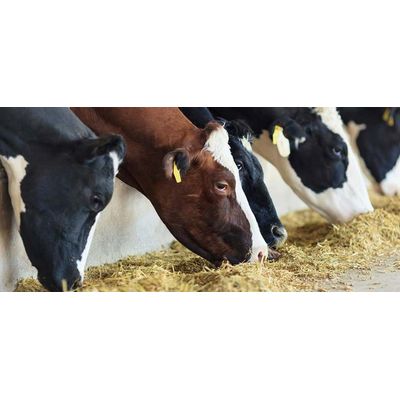

- Home
- Companies
- Beston Group Co., Ltd.
- Articles
- Biochar in Animal Feed: Precautions and ...

Biochar in Animal Feed: Precautions and Considerations
Biochar, a carbonaceous material produced through the process of pyrolysis, has shown potential benefits in various applications, including soil improvement, environmental protection, and carbon sequestration. In recent years, there has been growing interest in exploring its usage as an additive in animal feed. However, before incorporating biochar into animal diets, it is essential to consider several precautions to ensure its safety and effectiveness.
Safety Assessment
The foremost concern when introducing any new element into animal diets is safety. Biochar must undergo rigorous safety assessments to ascertain its suitability as an animal feed additive. Toxicological studies and dietary trials should be conducted to evaluate the impact on animal health and productivity. Furthermore, adherence to food safety standards and regulations is critical to prevent any adverse effects on animal welfare and human health.
Nutritional Balance
Biochar animal feed must provide essential nutrients to meet the animals' dietary requirements. While biochar can potentially enhance digestion and nutrient absorption, it should not replace conventional feed sources entirely. Instead, biochar can be used as a supplement or additive to improve overall feed quality. It is essential to strike the right balance between traditional feed components and biochar to ensure optimal animal nutrition.
Impact on Digestive Health
The introduction of biochar to animal feed should be done gradually to monitor its effects on digestive health. Abrupt changes in diet may cause digestive disturbances, so a careful transition is crucial. Moreover, studies should be conducted to evaluate the impact of biochar on gut microflora and its role in promoting gut health.
Dosage and Application
Determining the appropriate dosage of biochar in animal feed is vital. Overuse of biochar may lead to unintended consequences, such as reduced nutrient absorption or mineral imbalances. Careful consideration of the animal species, age, and physiological status is necessary to establish optimal dosage levels.
Source and Production
The source of biochar and its production process can significantly influence its properties. It is crucial to use high-quality biochar produced from non-toxic feedstocks. Proper production methods, such as controlling temperature and residence time during pyrolysis, can result in biochar with specific properties that are better suited for animal feed applications.
Environmental Concerns
The increased demand for biochar may also raise environmental concerns related to feedstock availability and sustainable sourcing. To mitigate potential negative impacts, a holistic approach to biochar production and utilization should be adopted, considering both environmental and economic factors.
Long-term Studies
Long-term studies are essential to monitor the sustained effects of biochar as an animal feed additive. These studies can provide valuable insights into its performance over extended periods and help identify any cumulative effects that may arise.
